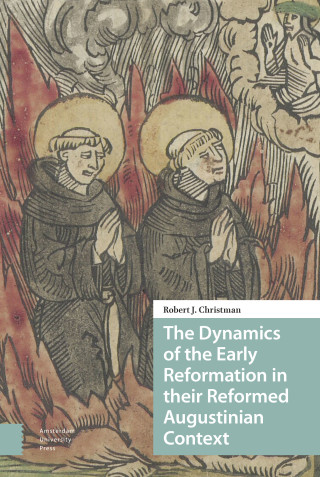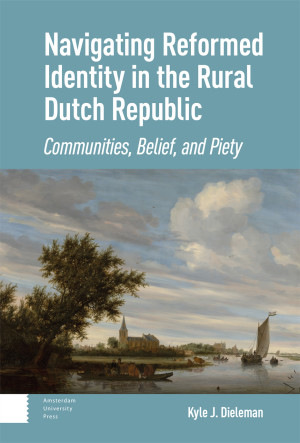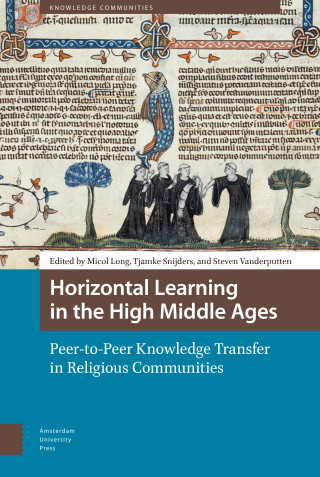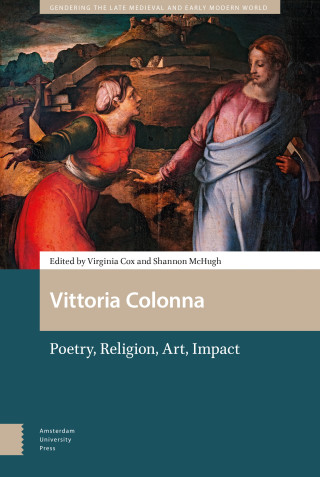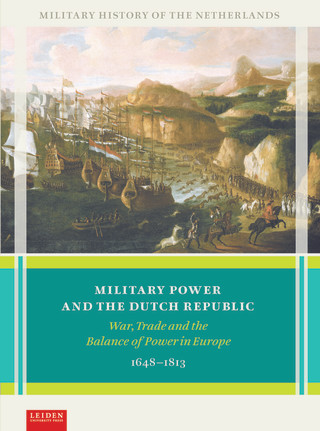Through an examination of Dutch Reformed church records and theological texts, Kyle Dieleman explores the local dynamics of religious life in the early modern Dutch Republic. The book argues that within the religiously plural setting of the Dutch Republic church officials used a variety of means to establish a Reformed identity in their communities. As such, the book explores the topics of church orders, elders and deacons, intra-confessional and inter-confessional conflicts, and Sabbath observance as local means by which small, rural communities negotiated and experienced their religious lives. In exploring rural Dutch Reformed congregations, the book examines the complicated relationships between theology and practice and ‘lay’ and ‘elite’ religion and highlights challenges rural churches faced. As they faced these issues, Dieleman demonstrates that local congregations exercised agency within their lived religious experiences as they sought unique ways to navigate their own Reformed identity within their small, rural communities.
